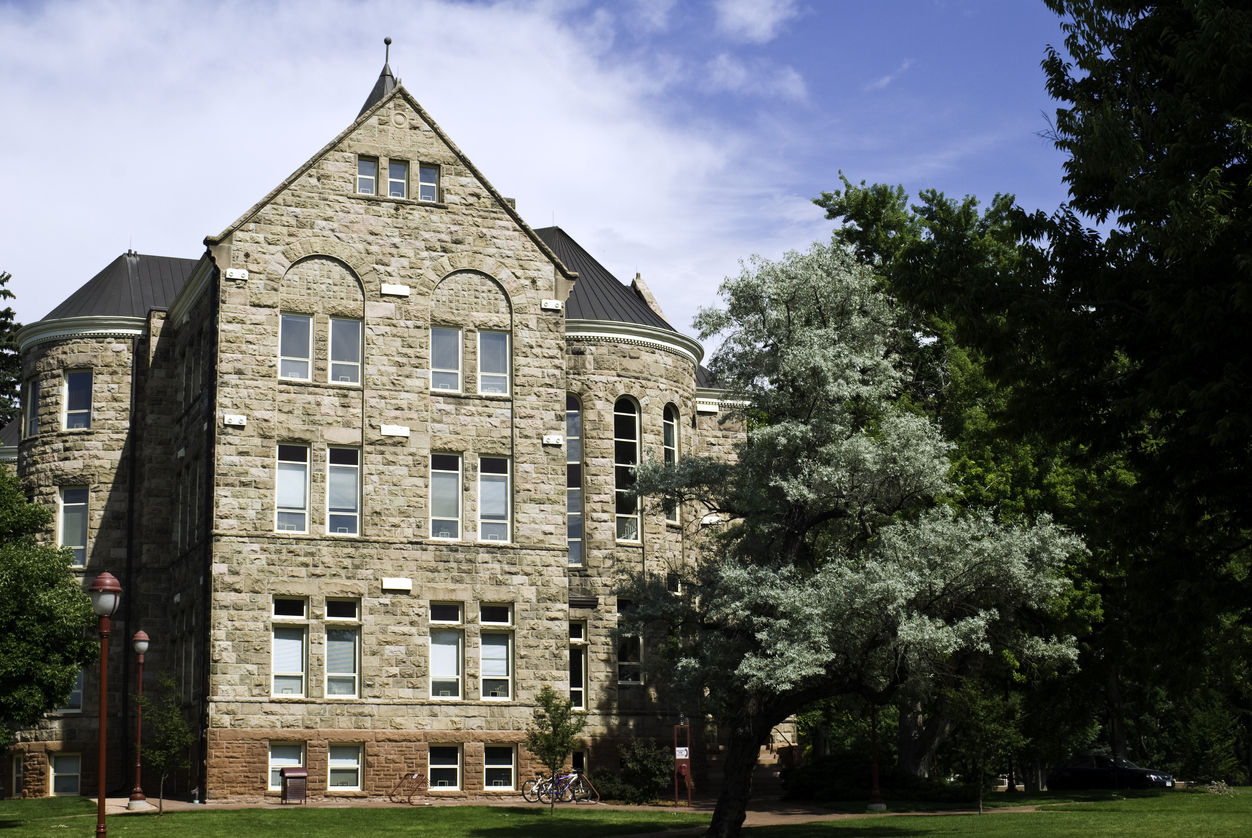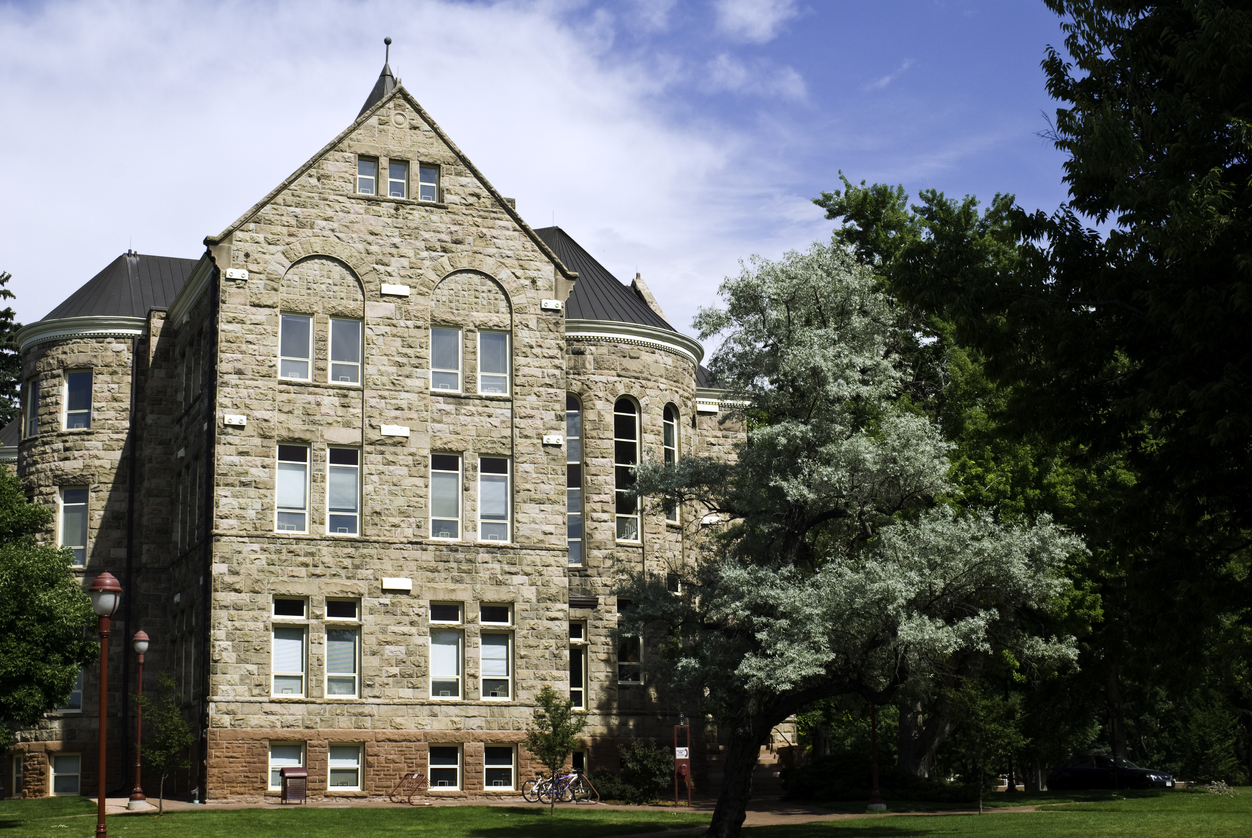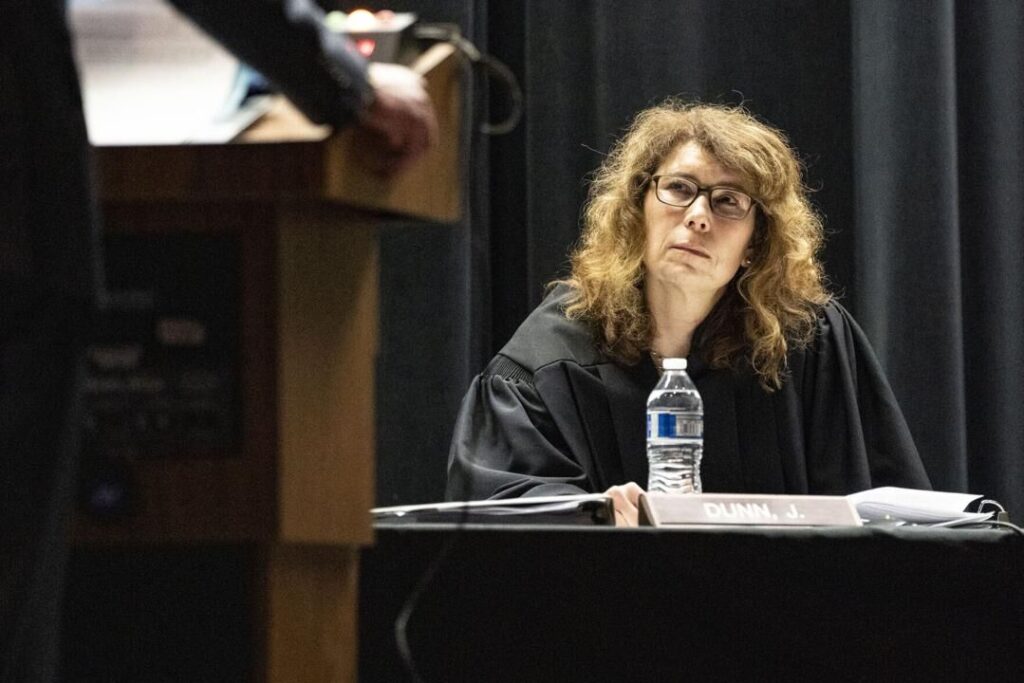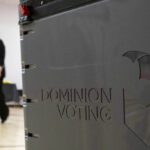Appeals court allows expelled DU student to sue over allegedly unfair sexual misconduct inquiry

A male student who the University of Denver expelled for sexual misconduct may sue the school for its alleged failure to conduct a fair and impartial investigation, the state’s second-highest court ruled on Thursday.
“John Doe,” as the student is identified in court documents, claimed that DU investigators refused to interview his witnesses, did not question his accuser’s motivations and overlooked inconsistencies in the alleged victim’s statements. Because the university’s procedures at the time promised that sexual misconduct investigations would be “thorough, impartial and fair,” Doe sued the school for breach of contract after believing its investigation into his case failed to live up to that standard.
A three-judge panel for the Court of Appeals agreed with Doe that DU’s representation of its process was specific enough to create an enforceable contract, and that the institution had a duty to use reasonable care when investigating and disciplining Doe.
“A determination that a person engaged in non-consensual sexual contact can potentially destroy the accused’s educational, employment, and other future prospects,” wrote Judge Michael H. Berger in the panel’s May 26 opinion. “We are hard pressed to find another activity by a private educational institution that can be so devastating and long-lasting in the life of a student.”
The decision is part of a years-long trend of accused students, mostly male, challenging their schools’ disciplinary decisions in court, alleging the investigatory process was slanted against them or toward accusers. Colorado Politics found at least 69 cases filed in Colorado’s federal court between 1991 and 2021 implicating Title IX, the federal civil rights law that prohibits sex-based discrimination in education.
At least 16 of those lawsuits featured claims from accused students – known as “respondents” in Title IX investigations – alleging their schools operated under faulty or biased procedures, largely filed in the last decade.
Andrew T. Miltenberg, a New York-based trial lawyer who represents Doe, said his firm has been involved in approximately 1,000 Title IX investigations and has litigated between 80-100 court cases on the issue, including in Colorado. He applauded the Court of Appeals’ decision for recognizing the detrimental effect a wrongful adjudication can have on respondents.
“Colorado is progressive in many other aspects of life, but on this, it was becoming one of the worst places in the country to litigate one of these cases on behalf of a respondent,” Miltenberg said. “But I’m pleasantly surprised at what appears to be a change in the momentum of this issue.”
This is the second precedent-setting decision resulting from Doe’s expulsion.
One year ago, the U.S. Court of Appeals for the 10th Circuit reinstated a lawsuit Doe had brought in federal court alleging sex discrimination in violation of Title IX. The 10th Circuit, which hears federal appeals from Colorado and five neighboring states, decided for the first time that specific facts about an investigation combined with general statistics of anti-male bias are sufficient for a jury to evaluate whether a violation occurred.
“(W)e agree the university’s investigation and treatment of John raises a plausible inference that it discriminated against John on the basis of his sex,” wrote Chief Judge Timothy M. Tymkovich, noting that Doe alleged DU failed to take action against a single sexual misconduct complaint brought by men between 2016 and 2018, while investigating all complaints from women during that time.
Prior to the 10th Circuit’s decision, Doe filed a lawsuit in state court. While his claims did not focus on anti-male bias, Doe alleged that the university committed breach of contract and negligence and had failed to act in good faith.
According to Doe’s complaint, he was a first-year student at DU in March 2016 when he and “Jane Roe,” a female student, engaged in consensual sexual touching after a night of drinking. There was a dispute, however, about what happened the following morning. In Doe’s telling, Roe climbed on top of Doe while naked and they briefly attempted sex. Roe claimed she had woken up to Doe fondling her and he had nonconsensual sex with her.
Doe said that Roe had told him shortly after the sexual contact that she had consented to it. But he believed she changed her mind after seeing him talking to another girl at a party. Roe underwent a forensic examination, colloquially known as a “rape kit,” and decided to initiate a Title IX investigation in April 2016.
The investigation ultimately resulted in Doe’s dismissal from the university.
According to Doe, there were multiple ways in which the investigation did not adhere to the specific procedures laid out for students, or the overarching promise that an investigation “will be thorough, impartial and fair.”
For example, investigators “failed to explore Jane Roe’s motivation” for filing her report, spoke to only one of Doe’s witnesses while interviewing 11 of Roe’s, and neglected to explore Roe’s inconsistent statements. The investigators also did not have the entirety of Roe’s forensic exam, nor did they seek it.
In July 2020, then-Denver District Court Judge Morris B. Hoffman dismissed Doe’s complaint. He called Doe’s claims of an unfair investigation “too vague to be enforceable in contract.” Hoffman acknowledged that subpar Title IX investigations could result in the expulsion or stigmatization of an innocent party, but they also “risk being wrong in the other direction – resulting in guilty sexual predators being wrongfully vindicated, to the distress of their victims and the posing of continuing risks to other students.”
On appeal, DU argued that Doe had the opportunity to identify witnesses, tell his side of the story and provide input on the investigators’ preliminary findings. It would be “impossible,” the school added, for a court to evaluate the meaning of a fair Title IX investigation.
Michael J. Mirabella, an attorney for Doe, believed the Court of Appeals could rely on the 10th Circuit’s findings of a plausibly-unfair Title IX investigation when considering Doe’s breach-of-contract case.
“When you’ve got an investigation that ignores witnesses, that ignores third-party objective evidence, that ignores the inconsistent statements of the complaining witness, that’s not unbiased and that’s not fair,” he said during oral arguments.
Judge Sueanna P. Johnson observed that courts have reached different conclusions about whether a university’s commitment to fairness in materials provided to students is legally enforceable.
“How do we deal with the contention,” she asked, “that the university is claiming that the concept of fairness is too indefinite and vague to be enforceable in contract, and yet the university goes to lengths in its briefing to explain how the investigation against John Doe was fair here? It seems like there is an understanding that there is a concept of what is fair and what is not.”
The panel concluded there was a genuine dispute for a jury over whether DU abided by its contractual obligation to provide a “thorough, impartial and fair” investigation. The appellate judges also found the university had a duty to adopt and implement fair procedures in light of the heavy consequences a student in Doe’s position faces.
“We acknowledge that the purpose of the investigation can also be for the benefit of either DU or Jane (or both). But the burden and detriment of an unfair investigation and adjudication is borne almost entirely by John,” Berger wrote.
Miltenberg said that public institutions, which DU is not, may be the subject of a similar appeal in the future. He added that while schools may try to revise their policies to do away with any appearance of a contractual obligation, there could still be a requirement of “good faith and fair dealing.”
“It’s a subjective standard, not just in Colorado but all over,” he acknowledged, adding, “I‘d like to think that this marks a real change in the way that state courts and other federal courts and other circuits will look at this issue.”
The University of Denver, though a spokesperson, declined to comment. A jury trial in Doe’s federal Title IX case is set to begin in January 2023.
The case is Doe v. University of Denver et al.














